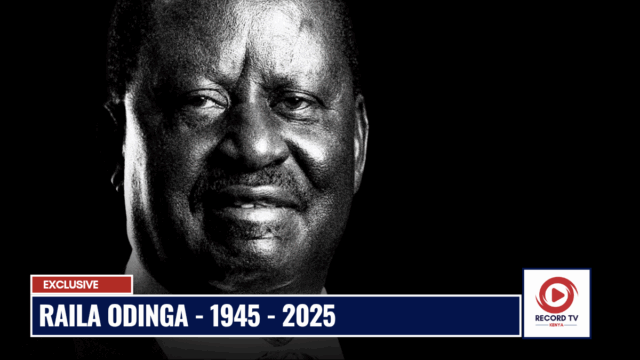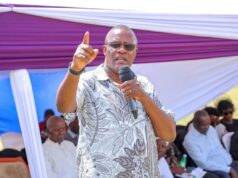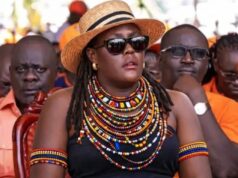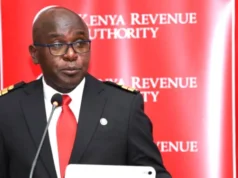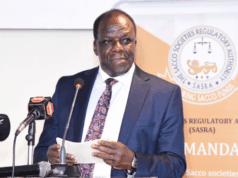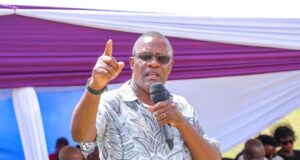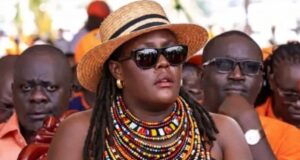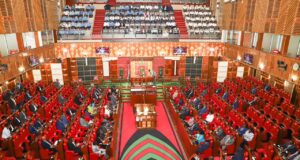Kenya is in mourning following the death of former Prime Minister Raila Amolo Odinga. Odinga, aged 80, passed away while undergoing treatment in India after suffering cardiac complications. His death brings an emotional end to one of the most influential and turbulent political journeys in the country’s history.
Raila Odinga was more than a political leader. He was a movement. For decades, he embodied both the pain and promise of Kenya’s democracy. His life was defined by persistence, sacrifice, and an unrelenting belief that power belongs to the people.
Born in 1945 in Maseno, Raila was the son of Jaramogi Oginga Odinga, Kenya’s first Vice President. He grew up in the thick of post-independence politics and spent much of his adult life fighting for multi-party democracy. For that cause, he was imprisoned, exiled, and targeted. Yet he never retreated.
Raila’s political career was vast. He served as a Member of Parliament, Minister, and eventually as Prime Minister between 2008 and 2013 under the Grand Coalition Government that emerged from the 2007 post-election crisis. His leadership during that tense period earned him both admiration and criticism, but few doubted his central role in stabilizing the country.
He ran for president five times — in 1997, 2007, 2013, 2017, and 2022 — and each contest tested Kenya’s democracy. The 2007 election remains one of the most painful chapters in the country’s history, marked by violence and loss.
In 2017, the Supreme Court annulled a presidential election for the first time in Kenya’s history, a ruling seen as a victory for the rule of law and a testament to Raila’s commitment to due process.
In recent years, Raila turned his energy toward reconciliation and reform. His handshake with former President Uhuru Kenyatta in 2018 symbolized a rare moment of political maturity and national healing. Beyond politics, he served as the African Union’s High Representative for Infrastructure Development, championing projects that connected the continent and strengthened regional integration.
His death leaves a void that extends far beyond politics. It is a cultural and emotional rupture for millions who saw him as “Baba,” a father figure who fought for justice, fairness, and a better Kenya.
Leaders from across Africa have sent messages of condolence, describing Raila as a statesman who shaped the continent’s democratic journey.
As Kenya prepares to lay him to rest, one truth stands clear: Raila Odinga’s legacy is written in both triumph and struggle. His voice may be gone, but his influence will echo through generations that continue to dream of a freer, fairer nation.
“Raila Odinga lived for Kenya. He fought for Kenya. And in his passing, Kenya must fight to live up to the ideals he never stopped believing in.”


